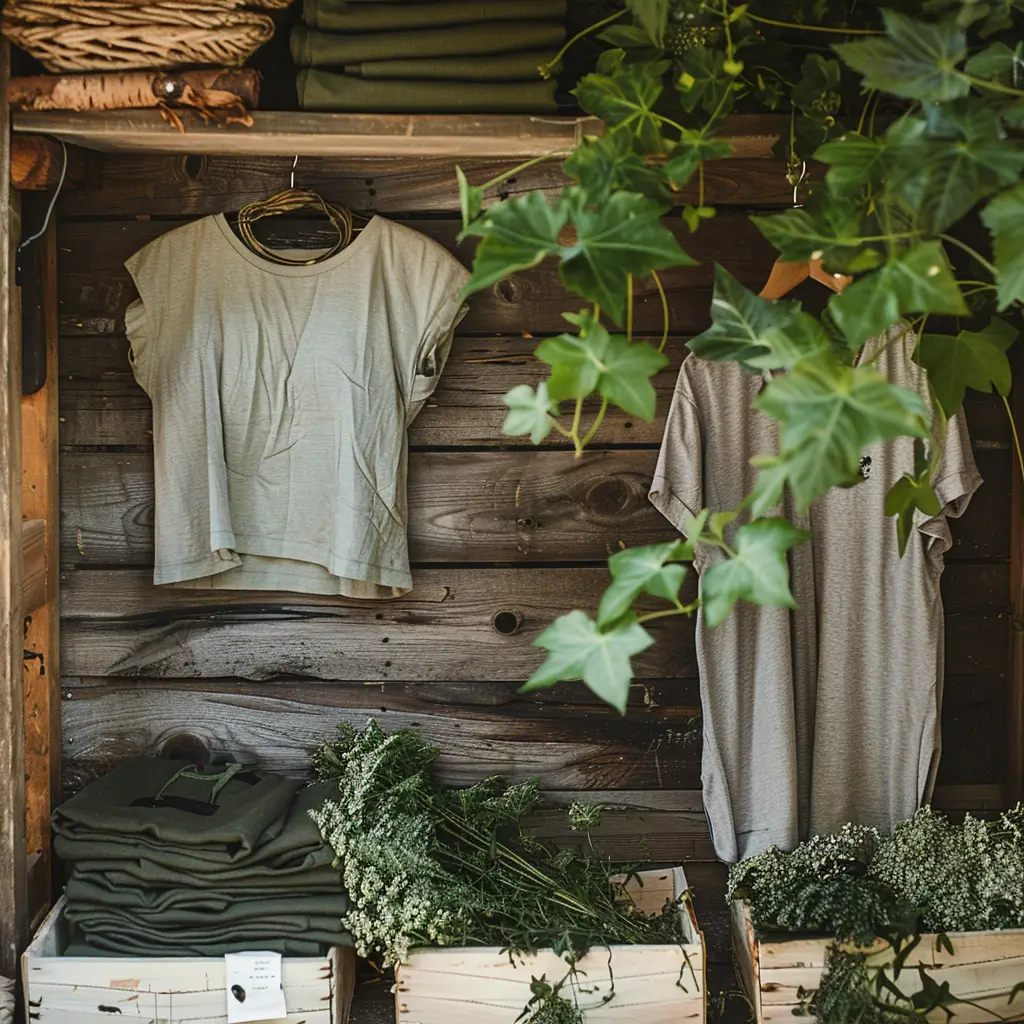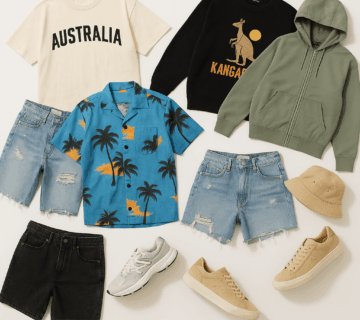The fashion industry is transforming significantly as the world becomes increasingly conscious of environmental issues. In Australia, this shift towards sustainability is championed by innovative designers and brands leading the way in eco-friendly fashion. Among these trailblazers are Kit Willow and Spell & The Gypsy Collective. This article explores their contributions to sustainable fashion and how they set new industry standards.
The Rise of Eco-Friendly Fashion in Australia
The concept of eco-friendly fashion involves creating clothing and accessories with minimal environmental impact. This can include using sustainable materials, implementing ethical production practices, and promoting recycling and waste reduction. In Australia, the demand for sustainable fashion is growing, driven by consumers’ increasing awareness of environmental issues and a desire to make more responsible purchasing decisions.
Kit Willow: A Visionary in Sustainable Fashion
Kit Willow is a renowned Australian designer who has significantly impacted the sustainable fashion scene. After establishing her eponymous label, Willow, Kit focused on creating a new brand that embodies her commitment to sustainability.
- KITX: Founded in 2015, KITX is Kit Willow’s pioneering sustainable fashion label. The brand is dedicated to producing high-quality garments using eco-friendly materials such as organic cotton, recycled polyester, and ethically sourced wool. KITX also emphasizes transparent supply chains and ethical manufacturing processes, ensuring that every piece is made with respect for people and the planet.
- Innovative Designs: KITX is known for its innovative designs, which combine elegance and sustainability. The brand’s collections feature timeless, fashionable, and environmentally responsible pieces, making sustainable fashion accessible and desirable.
Spell & The Gypsy Collective: Bohemian Style with a Sustainable Twist
Spell & The Gypsy Collective is another Australian brand making waves in the eco-friendly fashion industry. Founded by sisters Isabella Pennefather and Elizabeth Abegg in 2009, the brand is celebrated for its bohemian-inspired designs and commitment to sustainability.
- Sustainable Practices: Spell & The Gypsy Collective has implemented various sustainable practices to reduce its environmental footprint. These include using organic cotton, investing in renewable energy, and implementing water-saving techniques in production. The brand also prioritizes ethical labor practices, ensuring fair wages and safe working conditions for all workers involved in the production process.
- Circular Fashion: Embracing the principles of circular fashion, Spell & The Gypsy Collective encourages customers to recycle and repurpose their garments. The brand offers a repair service to extend the life of its products and promotes the resale of pre-loved items through its online marketplace, Spell Bazaar.
The Impact of Sustainable Fashion
Brands like KITX and Spell & The Gypsy Collective shape a sustainable future for fashion. They prioritize eco-friendly materials, ethical production, and innovative design. These brands prove fashion can be both stylish and responsible.
- Consumer Influence: Awareness of the environmental impact of fashion is growing. Demand for sustainable options increases as a result. Brands that prioritize sustainability meet this demand. They also educate and inspire consumers to make conscious decisions.
- Industry Change: Sustainable fashion brands’ success in Australia encourages other designers and retailers to adopt similar practices. This ripple effect drives significant changes across the industry, promoting greater sustainability and responsibility.
Eco-Friendly Fashion Kit Willow & Spell & The Gypsy
Eco-friendly fashion is no longer niche; it’s now a mainstream movement. Innovative designers and conscious consumers drive this change. In Australia, Kit Willow and Spell & The Gypsy Collective lead the way with their commitment to sustainable, stylish fashion. Their efforts inspire and set benchmarks for merging fashion with sustainability



